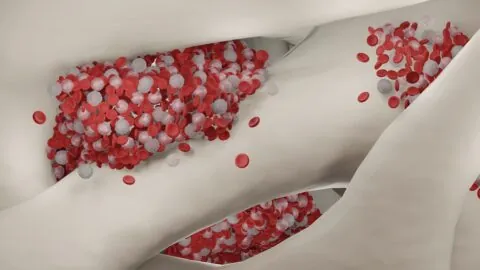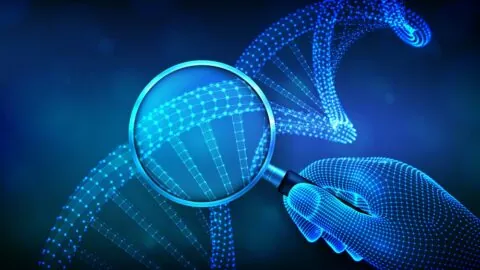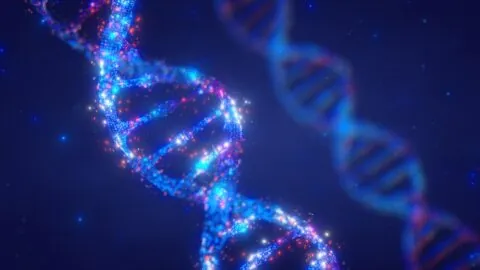January 28, 2026
An analysis of over 3800 older adults found that shingles vaccination is associated with lower inflammation scores, slower epigenetic and transcriptomic aging, and a lower composite biological aging score [1]. Beneficial side effects Vaccines are developed to prevent specific diseases, such as polio, measles, hepatitis, and many others. However, recent data suggest that some adult...
August 22, 2025
A new study has found that professional soccer players experience a drop in their biological age after a match, as measured by biomarkers assessed with state-of-the-art methylation clocks [1]. We asked Dr. Steve Horvath, the study’s co-author, to comment. Clocks, stress, and exercise Epigenetic clocks have become extremely popular in the longevity field, both as...
May 27, 2025
Scientists have created a new, highly effective method of tracing blood cells’ lineage. This can improve our understanding of clonal hematopoiesis and its impact on an aging organism [1]. Hostile takeover In the human body, a relatively small pool of hematopoietic stem cells (HSCs) sustains a system that produces 100-200 billion mature blood cells each...
January 21, 2025
A new paper published in Nature Aging suggests that somatic mutations cause significant remodeling of the epigenetic landscape. The findings might be relevant to future anti-aging interventions [1]. The genome and the epigenome Genomic instability and epigenetic alterations are two of the hallmarks of aging [2]. The former occurs in somatic cells due to replication...
November 04, 2024
In a groundbreaking Nature paper, researchers have developed synthetic regulatory sequences that could prevent targeted gene therapies from having effects in unwanted cell types. More than methylation While methylation is the most well-known regulator of gene expression, it isn't the only thing that determines what is to be expressed when. Cis-regulatory elements (CREs), so called...
September 30, 2024
Juan José Alba-Linares and his research team have published a preprint study that examined why different animals age at different rates. They found that epigenetic changes over time could explain why some animals live longer and estimated an upper limit for mammalian lifespan [1]. A problem of noise Epigenetic AlterationsEpigenetic alterations are age-related changes in...






